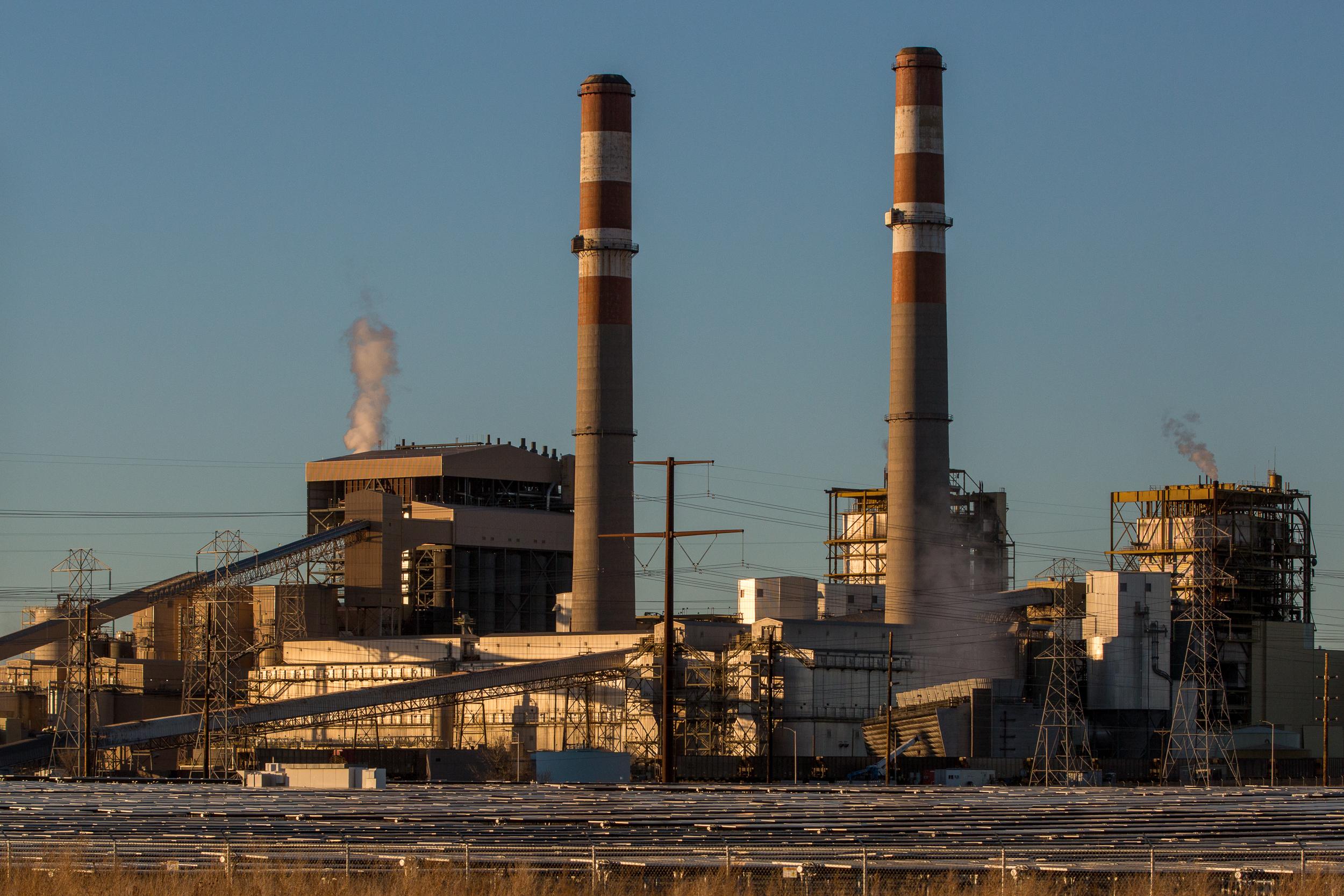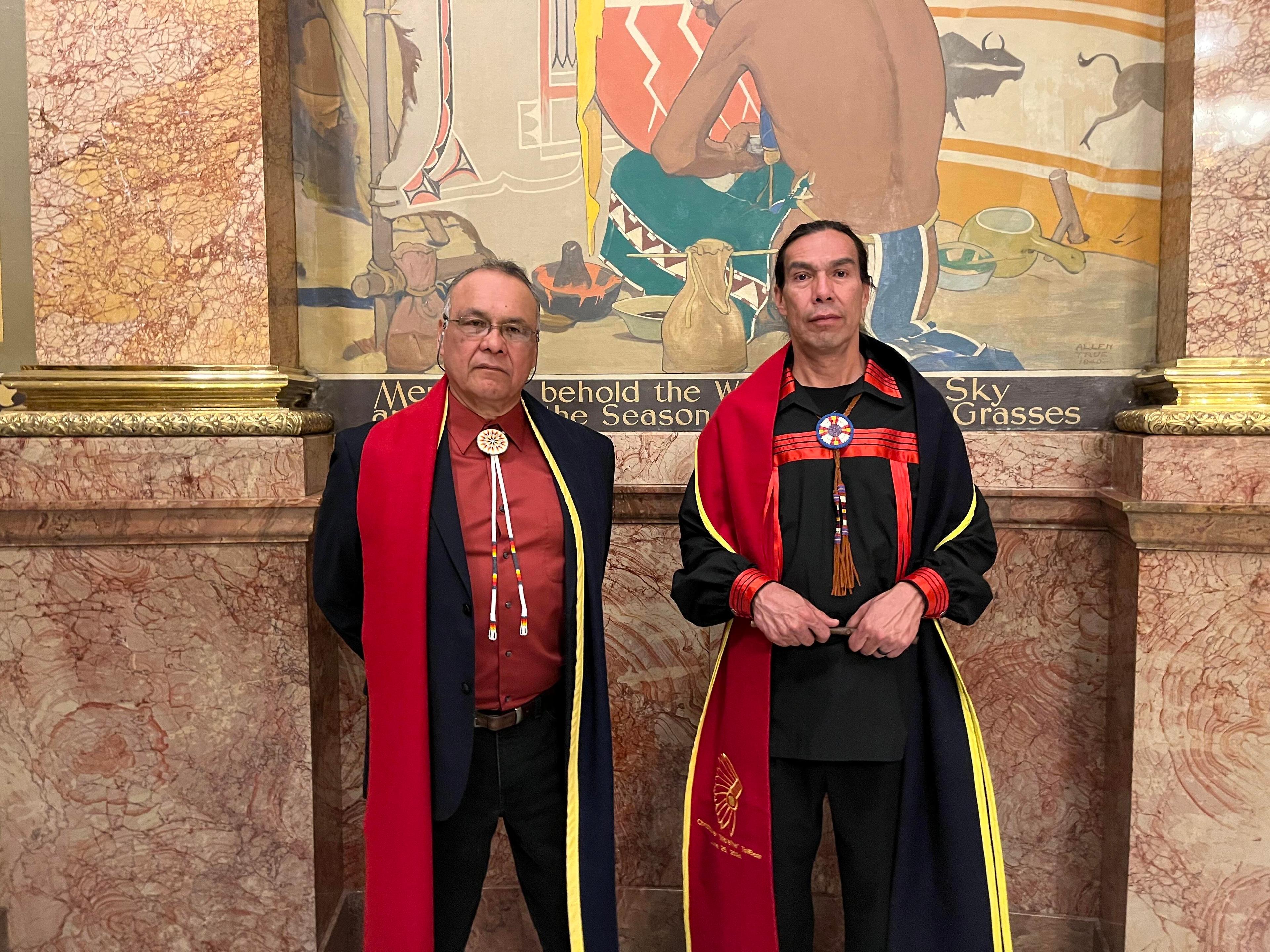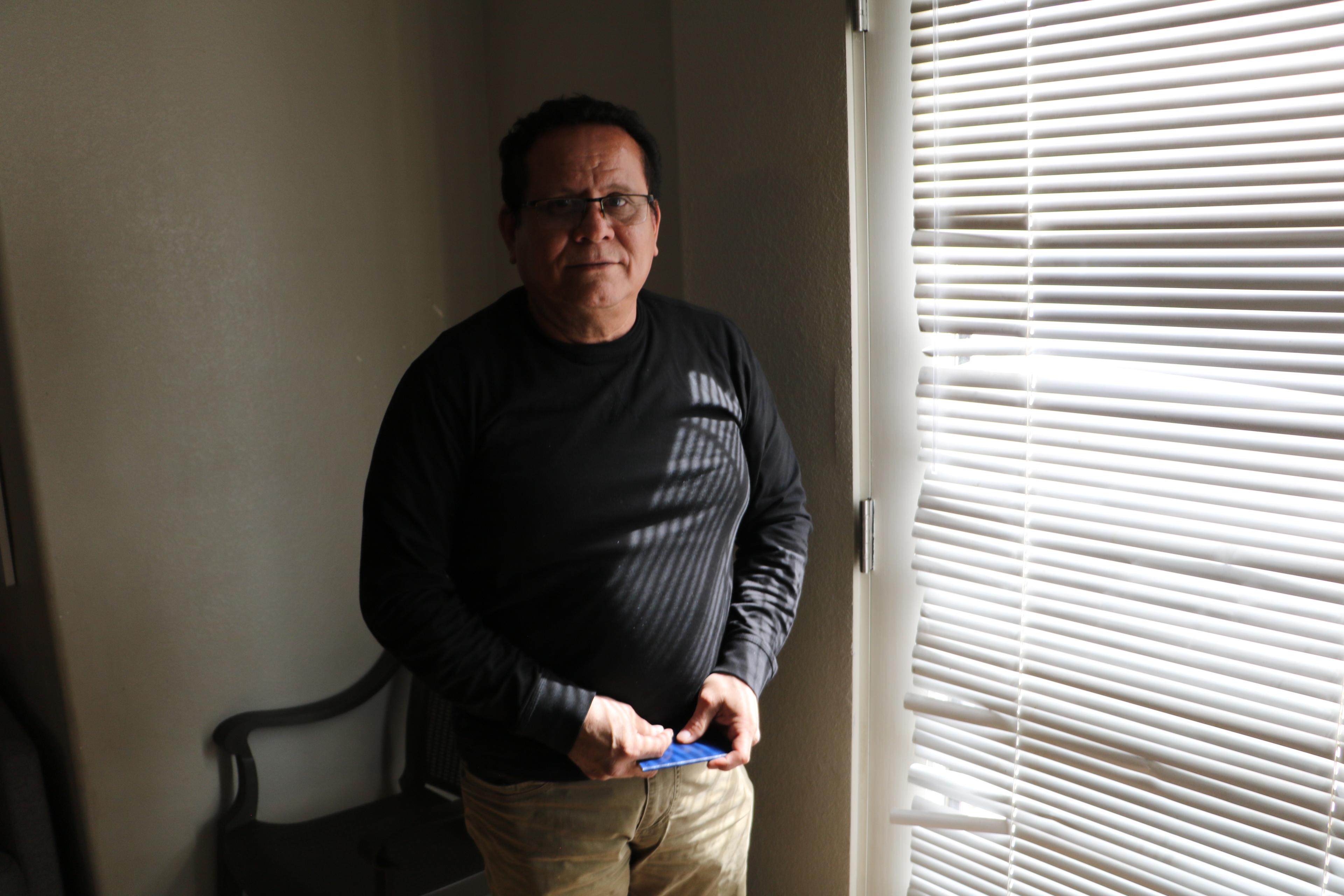
During a blazing heat wave ahead of Labor Day weekend, thousands of Xcel Energy customers lost control of their smart thermostats as Colorado's largest utility company tried to reduce strain on the electricity grid.
It's now clear the unprecedented move was not only a response to the warm weather driving people to crank their AC units.
Hollie Velasquez Horvath, Xcel Energy’s regional vice president for state affairs and community relations, said it occurred due to an unexpected outage due to an "equipment issue" at the Comanche 3 power plant in Pueblo.
"Comanche 3 went down quickly. We didn't have a lot of time to react, which is why we didn't have time to give notice," Velasquez Horvath said.
Velasquez Horvath did not offer details about the problem other than saying it was a "tube issue."
The event affected 22,000 customers who signed up for Xcel Energy's AC Rewards Smart Thermostat program, which allows the company to adjust the temperature setting on internet-connected thermostats. Participants receive a $100 enrollment credit and $25 each year they're enrolled in the program.
Xcel Energy has used the program to adjust thermostats 35 times in its six-year history, said Shawn White, the company's director of demand-side management programs. In each of those cases, Xcel Energy gave households a chance to override the temperature changes before they went into effect.
When Xcel Energy adjusted customers’ thermostats on Aug. 30, it was the first time the company throttled thermostats without warning customers beforehand or giving them a chance to override the temperature change. Tony Talarico, an Xcel customer, told Denver 7 that the company locked his thermostat at 78 or 79 degrees. Others voiced their complaints on social media.
The temporary outage at Comanche 3 is the latest in a long series of maintenance issues at the facility, which Xcel Energy opened in 2010 and cost $1.3 billion. The 750-megawatt power generator is both the largest coal-fired power plant in the state and one of its most significant sources of climate-warming emissions.
After initially planning to operate the unit until 2070, state utility regulators recently approved a plan to close Comanche 3 by the end of 2030 as the company rapidly builds new wind and solar facilities across Colorado.
The AC Awards Smart Thermostat Program is one example of "demand-side management," which allows companies to protect the grid when demand quickly exceeds the power supply. A public website for the program advertises it as a way customers can help manage demand peaks during "the hottest summer days."
It doesn't mention the possibility of thermostat adjustments due to equipment failures.









